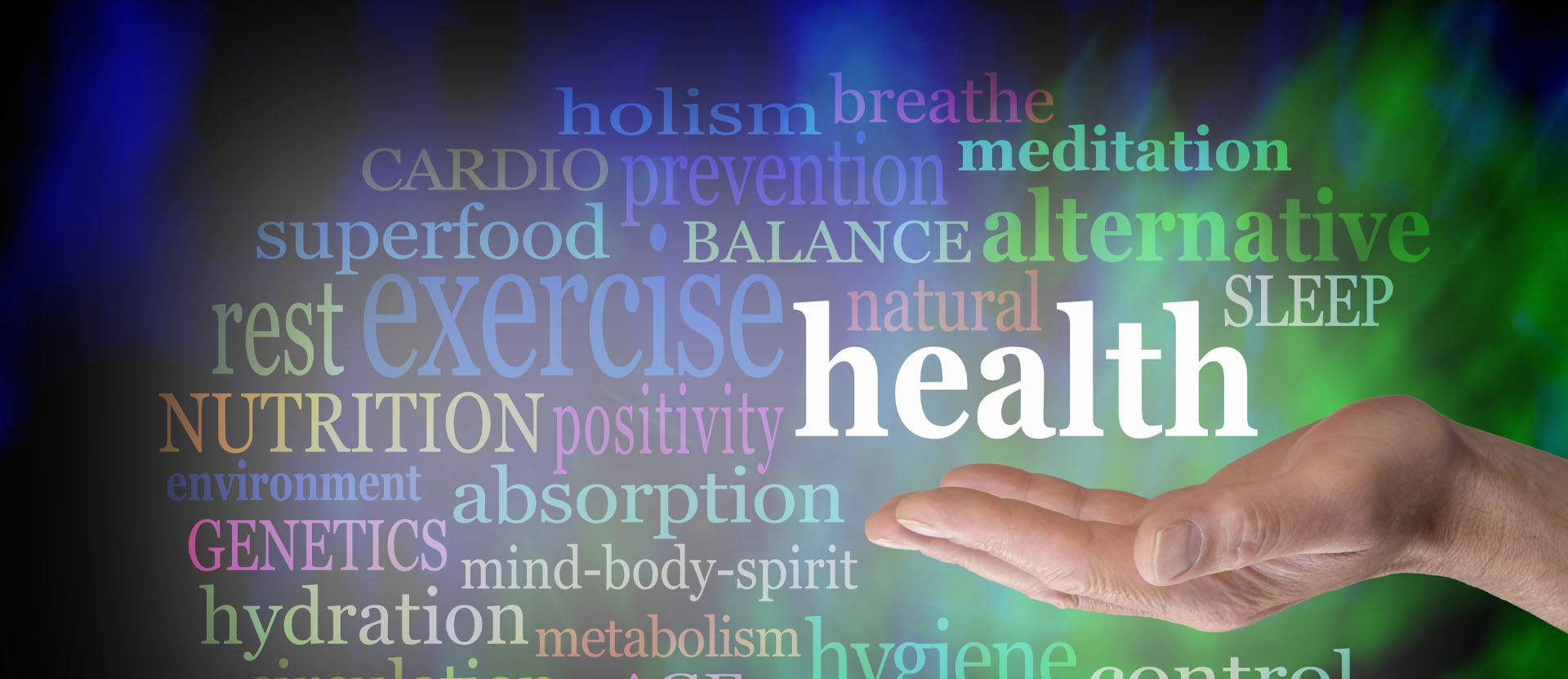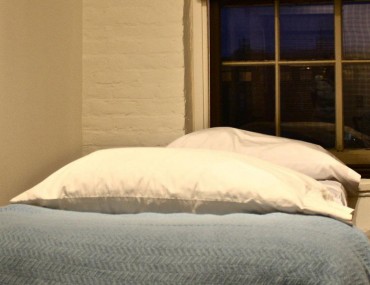
Brendan Kelly, L. Ac., M. Ac., acupuncturist and herbalist
Despite the great emotions being expressed about health care reform, the scope of change that is predominantly being discussed is actually quite small. While there are some exceptions, the most publicized part of the debate is who should have access to western health care, and who should pay for it. What has been very sporadically discussed, and mostly in a very superficial way, is the much bigger and more important question: What is health and how do we promote it?
Part of the difficulty of answering this question from the view of modern western medicine is that almost all of the current focus is on treating sickness. There is occasional talk about preventative medicine, but it’s in very general terms, often about how exercise and diet are important parts of a healthy lifestyle. Both are unquestionably important, but without having a deeper, more nuanced, and more person-specific understanding of wellbeing, it’s unlikely these ideas will have a significant impact on lasting health in this country.
Over many thousands of years of continuous refinement, Chinese medicine has developed a genuinely holistic and comprehensive system that is capable of treating a very wide variety of physical and psychological issues. Just as importantly, Chinese medicine also has a very well developed and broad reaching understanding of health, one in which exercise and diet are only two parts of a much larger picture.
From this view, lasting health comes from balance, where we don’t have too much or too little of the things that sustain our lives. While this might sound vague, it’s very possible to understand in great detail the presence or absence of health through traditional Chinese medicine. For example, pulse and tongue diagnosis have been refined from several thousand years of continuous application and can provide a deep-reaching understanding not only of the condition of internal organs but the mind and emotions as well. One important idea from Chinese diagnosis is that simply because there are no physical symptoms, or that they are considered sub-clinical from the western view, does not necessarily mean that a person is healthy. Put another way, the absence of symptoms does not necessarily mean the presence of wellbeing.
For many practical reasons, it makes sense to promote health rather than wait for sickness to occur. One reason is economics; it’s often much easier and less invasive to treat a sickness at the very beginning of onset, reducing costs significantly. Better yet, treat the disease before it’s a disease, thereby reducing costs even more while simultaneously limiting pain and discomfort.
While our bodies are infinitely more complex than any machine, waiting to get sick before we go to our practitioner to get treatments is analogous to waiting for our car to breakdown before taking it in for service. If we are sick or our car is broken, hopefully there is something helpful that can be done. But doesn’t it make sense to keep things well tuned– as in the case of a car– and promote health–as in the case of our bodies and minds?
Chinese medicine is uniquely capable of providing very affordable, comprehensive healthcare, which can not only treat what ails us, but also help us experience lasting health. Our current discussions of healthcare reform provides us the opportunity to look below the surface of the debate about who gets treated and who pays for it, to what is health and how do we promote it.
copyright by Brendan Kelly, 2013




